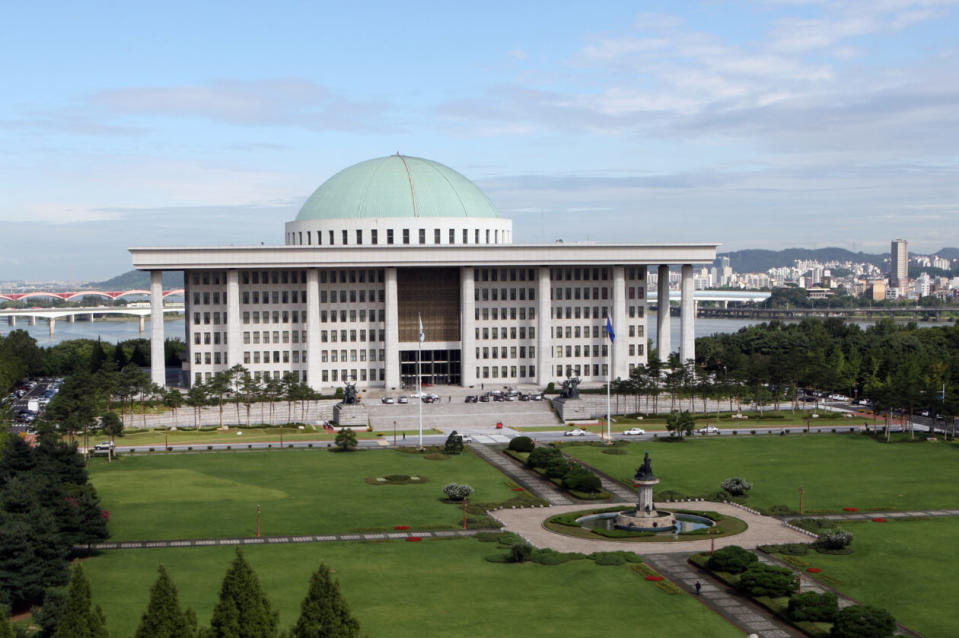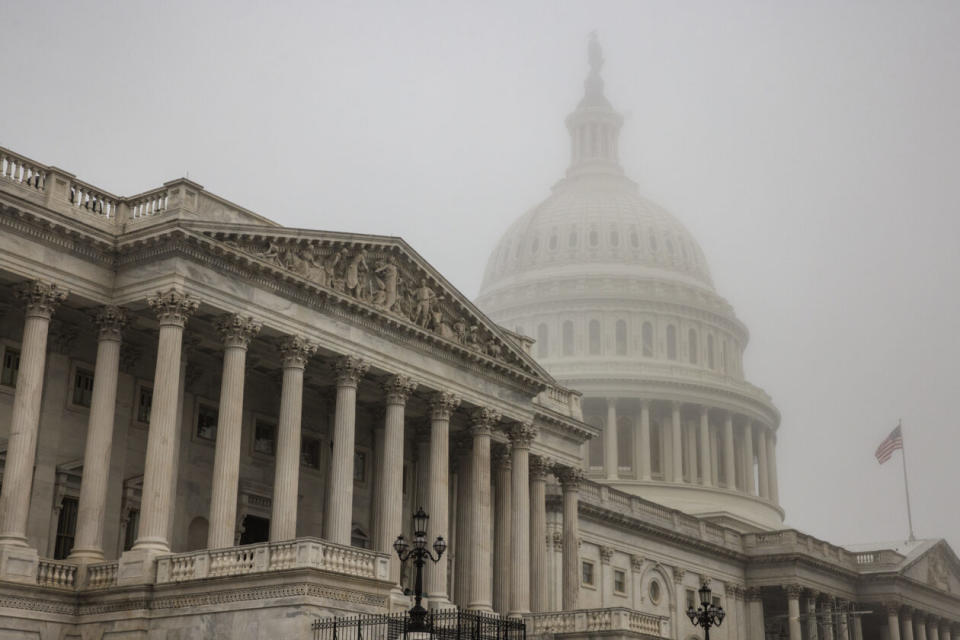If the first half of this year was distinguished by the US securities regulator slap fines on cryptocurrency exchanges, warning of legal action and then follow up with the samethe second half started in Asia with a number of jurisdictions running new rules for the exchanges, minus the lawsuits.
While some Asian nations, such as Singapore and thailandappear to be following the US Securities and Exchange Commission (SEC) in disapproving of certain products offered by exchanges, the focus in Asia so far appears to be clarity rather than court battles, in contrast to North America .
The United States is in a state of political and regulatory warfare over how to run the cryptocurrency industry, John Rizzo, senior vice president of public affairs at Washington-based public relations firm Clyde Group, said in emailed comments.
“Congress appears to be making progress on the regulatory frameworks for stablecoins and crypto market structurebut the SEC seems intent on essentially banning cryptocurrencies,” said Rizzo, a former spokesperson for digital assets at the US Treasury Department.
According to Zennon Kapron, founder of Asia-based fintech consultancy Kapronasia, cryptocurrencies have "always been on shaky ground in the US" as regulations were never clear cut. “For this reason, many companies have focused on foreign markets to begin with,” Kapron said in an email interview.
Nick Ruck, COO of blockchain infrastructure platform ContentFi Labs, agrees with that opinion.
“The biggest problem with the US crypto industry stems from regulators trying to apply a century-old framework to new fintech innovations,” Ruck said in text message comments.
Countries in Asia are attracting crypto companies by clarifying the rules and adapting to innovation, he said.
South Korea seems to be one of them. National Assembly of the country on the last day of June approved a bill focused on protecting the interests of cryptocurrency investors.
Singapore and Thailand followed with rules that include banning crypto bet services, although the Singaporean authorities added that the product is still being studied.
Not to forget Hong Kong, once home to the now-bankrupt FTX exchange, which became the symbol of all that is wrong with cryptocurrency trading platforms.
Hong Kong inserted its own stricter cryptocurrency trading regulations on June 1 and is one of the jurisdictions in Asia vying for a place as a leading hub for digital assets, with all the potential investment, jobs and fintech it could bring.
hard rules
While the new crypto rules in Asia are strict, they carry penalties for violations and will require restructuring by some crypto companies. Lasanka PereraChief executive of cryptocurrency exchange Independent Reserve Singapore, said the new traffic rules in the city-state are welcome.
“This not only underscores the regulator's conviction to protect investors, but will also undoubtedly inspire greater confidence from the corporate and institutional sectors,” Perera said in an emailed statement.
While South Korea's Virtual Asset User Protection Act will not take effect as law for another year, it is the country's first step in building a legal framework for digital assets, according to the Assembly. official website.

The bill was passed just over a year after the collapse of the $40 billion cryptocurrency and stablecoin Terra-Luna, which was founded in South Korea and caused losses to hundreds of thousands of investors.
As the name suggests, the South Korean bill focuses on investor protection and includes penalties for rule violations that include fines and jail terms.
As an aside, the founder of the Terra-Luna project, Kwon Do-Hyung, is now in jail in Montenegro after fleeing to Europe. Both South Korea and the United States want to extradite him on fraud charges. He has denied the accusations.
many bills
In the US, Congress has held extensive discussions about digital assets, John Cahill, a lawyer in the New York office of the Wilson Elser law firm, wrote in a Discard comment this month
Recent hearings with the chairmen of the SEC and the Commodity Futures Trading Commission have shown the mixed opinions on cryptocurrencies and legislative deadlock, Cahill said.
More than 30 proposed bills related to digital assets have been brought before Congress, but to date, none have moved forward and Congress has yet to pass substantial legislation in this area, according to Cahill.
"Despite continued efforts to gather information, the legislature has been hesitant to take any concrete action," he said.

Because of that, Cahill said the nation's courts have stepped up to interpret digital assets within the existing legal framework. But as "courts have been inundated with filings detailing why, or why not, digital assets should be considered securities," progress is lagging.
“As Congress and its constituents continue to learn about this developing technology, it will be up to the US judicial system to tie current laws to digital assets while helping to navigate these uncharted legal waters,” Cahill added.
SEC just doing its job?
After the crashes of Terra-Luna and the FTX exchange last year, which caused billions of dollars in losses to millions of investors and triggered a cascade of bankruptcies among dozens of related companies, not all in the world of digital assets They say the SEC got it all wrong
Blockstation, a blockchain-powered platform for tokenizing, listing, trading, clearing, and settling digital assets and securities, put together an internal memo in 2015 that reportedly said that when the crypto market reaches a market capitalization of around one trillion dollars, regulators would react. with enforcement measures.
“We called it out, and that is exactly what is happening now,” Blockstation CEO Jai Waterman said in an emailed response to questions.
“Regulators are against unlicensed brokers trading securities, and they are against unregistered securities being offered to the public,” he said. “What the industry calls cryptocurrency are primarily securities, and it is the fiduciary responsibility of the regulator to protect investors,” she added.
What the industry calls cryptocurrency are primarily securities, and it is the fiduciary responsibility of the regulator to protect investors.
Blockstation CEO Jai Waterman
If you ask an investor if they would rather send money to Binance to trade bitcoins or have Merrill Lynch do the same, most would choose the latter, Waterman said, adding that's because established brokers have the credibility, the government and proven infrastructure.
The missing component is that such institutions do not have proper guidance from regulators and do not have the necessary blockchain technology and training, he said.
A spokesperson for Circle, the issuer of the USDC stablecoin, said Discard that the SEC's demands are "long overdue action" and are right on the cusp of Congress "very seriously considering regulation of the digital asset and stablecoin market."
The spokesperson, who declined to be named, added: "Now, indeed, all three branches of the US government are clearly indicating that they want to see legislation."


